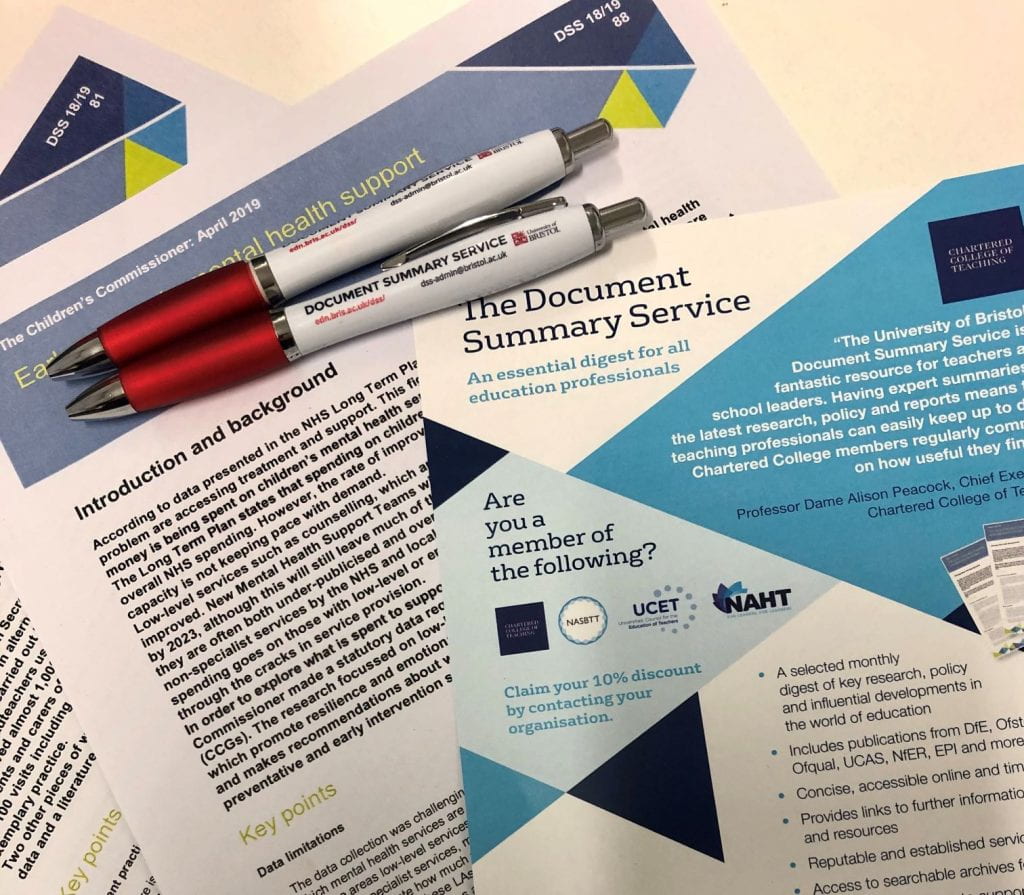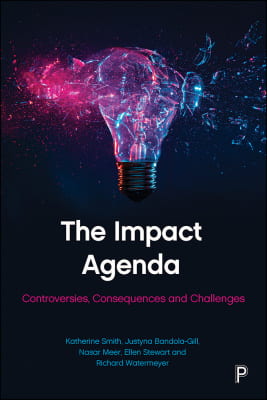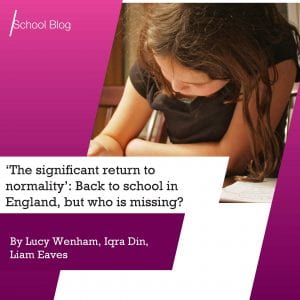 Blog post by Lucy Wenham, University of Bristol Iqra Din, School of Education, University of Bristol Liam Eaves, School of Education, University of Bristol
Blog post by Lucy Wenham, University of Bristol Iqra Din, School of Education, University of Bristol Liam Eaves, School of Education, University of Bristol
As part of the gradual lifting of lockdown measures in England, following the ‘second wave’ of the Covid-19 pandemic here, schools reopened wholesale on the 8 March 2021. For many parents and their children, the return to a semblance of educational normality is accompanied by a sigh of relief.
Our research (EBI, 2020), which is currently exploring the experience of 65 families resisting the return to school and is drawn from reflective surveys and interviews, indicates that this sense of relief is far from universal. Indeed, for some parents, the expectation that all children will return to school is not only unwelcome, it also brings deep unease, pressure and worry. Over 1 billion students have been out of school as a result of similar national school closures across 134 countries over the past year (UNICEF, 2020). As schools reopen, similar concerns are likely to resonate across the globe. (more…)


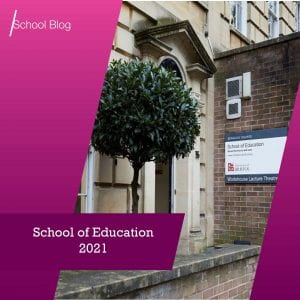
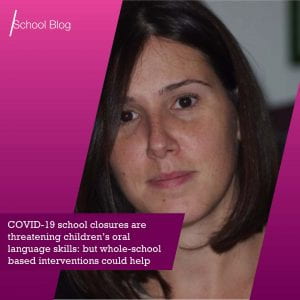

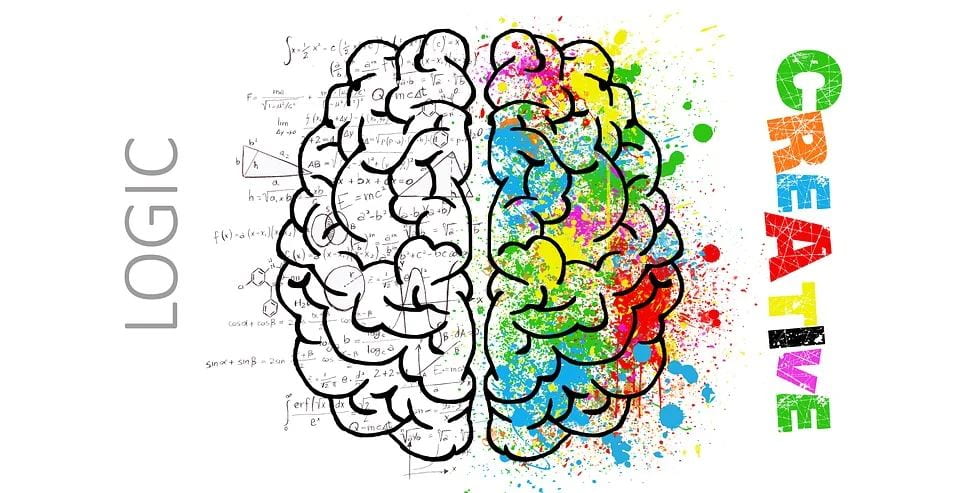


 Blog post by Claire Lee and Lucy Wenham, School of Education, University of Bristol
Blog post by Claire Lee and Lucy Wenham, School of Education, University of Bristol

